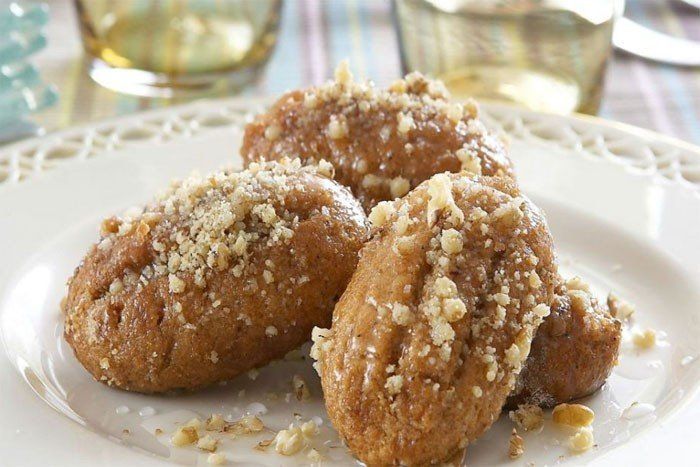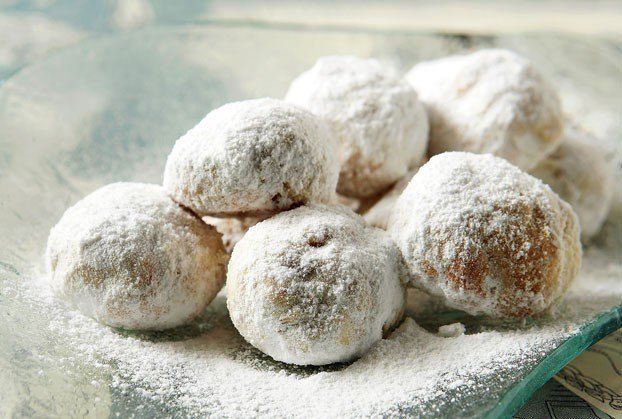Christmas holidays are getting closer and closer and in Greece it’s time to bake our traditional cookies “melomakarona”, “kourabiedes”, and “Diples”. No need to lie now! We’ve been waiting for these for a whole year. The truth is that Christmas wouldn’t be the same without them. However, holidays will come and go. What about the pounds added?
Healthier Twists on Traditional Greek Christmas Desserts
Indulging in our favourite desserts without the burden of guilt—can it be achieved? The resounding answer is “yes”!
To embark on a healthier journey with these treats, let’s start by refraining from devouring them a month before the holidays arrive. After all, they are specifically designed to grace our Christmas tables.
Next, let’s revolutionize the recipes by substituting some of the traditional ingredients with healthier, low-calorie alternatives. There are countless recipes available on the internet for these specific desserts, all suggesting one common approach: substituting the ingredients as recommended below. Bid farewell to:
- White flour
- Sugar
- Syrup
- Icing sugar
And say hello to:
- Whole wheat flour
- Stevia or black sugar
- Honey or molasses or agave syrup
- Without the need for icing sugar
By making these simple yet transformative ingredient swaps, we can embrace the joy of Greek Christmas desserts while keeping our well-being in mind.
Lighter Versions of Traditional Greek Christmas Desserts
“Melomakarona”

Ingredients:
- 2 cups olive oil,
- 1 cup sugar substitute,
- 1 cup fresh orange juice,
- 1 cup thin semolina,
- 1 kg whole wheat flour,
- 1 ½ teaspoons baking soda,
- zest of ½ lemon & ½ orange.
- Skip the crushed walnut topping.
“Kourabiedes”

Ingredients:
- 2 kg whole wheat flour,
- 1 kg margarine spread or sesame or sunflower oil (to replace the taste of nuts),
- 300 g sugar substitute (e.g., fructose),
- 300 g blanched almonds (roasted and finely chopped),
- 1 small cup of brandy,
- 1 teaspoon baking soda, ½ cup rose or orange water.
- Use fructose instead of icing sugar or no sweetener at all.
Embrace the Festive Season with Healthy Indulgence
As the holiday festivities unfold, we encourage you to enjoy the best of these special days without getting too caught up in calorie counting. Remember, it’s only a couple of days, and indulging in the flavours and traditions of Greek Christmas desserts is part of the joy and warmth of the season. Share the love, embrace the festivities, and savour these traditional Greek delights with a healthier twist.







